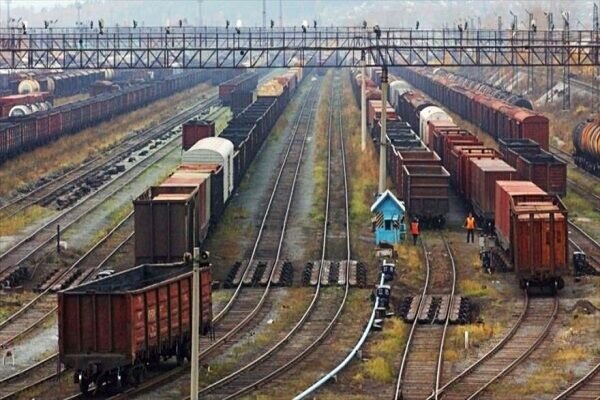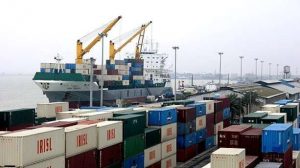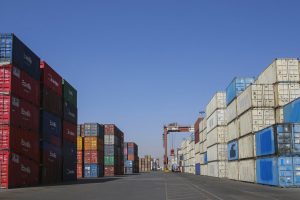Iran’s active transport diplomacy in the region and the Russia-Ukraine conflict have increased transit through Iran’s territory from Russia and Central Asian counties toward the Indian Ocean and the Persian Gulf countries.
In the last 6 months, five transit trains have passed through Iran territory from northeast Russia and after passing Kazakhstan and Turkmenistan entered Iran through Sarakhs Border by passing 4000 km. The trains run 1600 km within Iran moving along the north-south transport corridor and heading to the Shahid Rajaee Port in Bandar Abbas.
With 12000 km of rail networks and more than 50,000 km of roadways, Iran has good infrastructures to attract regional transit.
According to Iran’s deputy transport minister, Shahriyar Afandizadeh, Russia has 200 million tons of exports to different destinations and Iran can have a considerable share (10 million tons targeting in 2023) in its freight transit.
Last week, Iran hosted the first ministerial summit on transit cooperation among eight states including Uzbekistan, Turkmenistan, Tajikistan, Kyrgyzstan, Kazakhstan, Russia, Azerbaijan, and Iran for transit cooperation on October 8-9 in Tehran. At the end of this multilateral summit, a joint statement for enhanced transit was signed among Iran, Kazakhstan, Kyrgyzstan, Tajikistan, Turkmenistan, and Uzbekistan.
There is a tendency for regional convergence and transport synergy in the region which has made 20 million tons targeting for freight transit possible among these countries in 2023. This target is expected to reach 50 million tons in the near future.
Transit is a top priority of Iran due to the huge benefits for the country, higher political stability, and greater security. This is clearly indicated by a 180 percent increase in road transit and a 300 percent increase in rail transit during the last six months.





